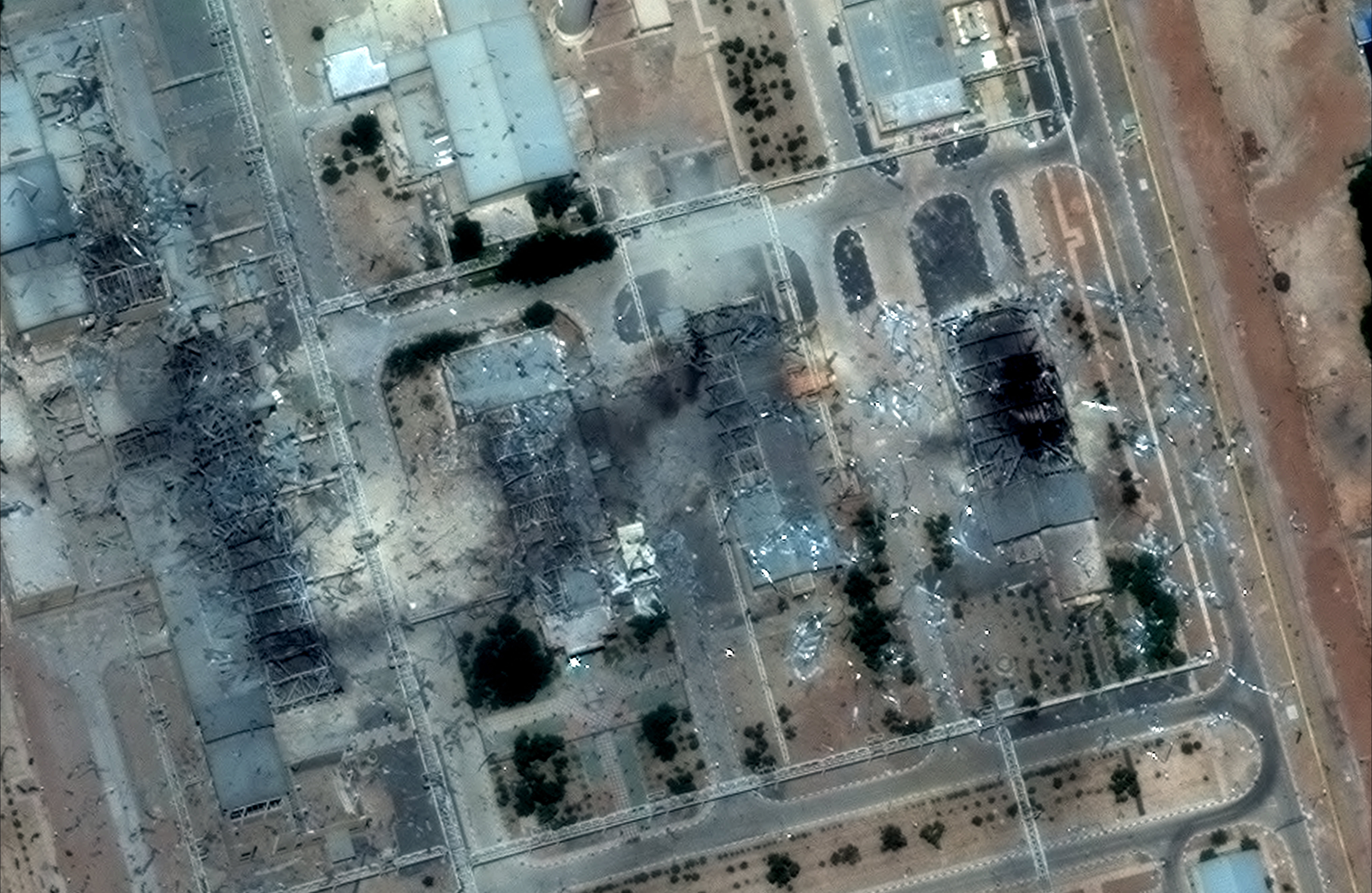Donald Trump has garnered a wave of support from Iranian-Americans following recent U.S. military strikes in Iran, with many expressing hope that the actions could help topple the rule of Ayatollah Ali Khamenei.
Ahead of an apparent ceasefire deal brokered by the president on Tuesday morning between Tehran and Tel Aviv, Iranian communities around the U.S. began to express cautious optimism over the attack on key nuclear sites over the weekend.
Simone Derayeh, who grew up in Iran following the Islamic Revolution in the 1980s, is one of nearly 141,000 people of Iranian descent living in Los Angeles.
She said the Iranian people have been “held hostage” by the nation’s Supreme Leader and his theocratic regime.
“The oppression that has been going on is of the likes of Stalin and Hitler,” Derayeh told NBC Las Vegas, referring to the totalitarian rule of Soviet leader Joseph Stalin and Nazi Germany’s Adolf Hitler. “It is the stuff of storybooks.”
Derayeh claims she is just one voice among many supporting efforts to weaken Khamenei’s authoritarian rule, as Trump mused about Making Iran Great Again.
“Many Iranians are actually happy about the Islamic Republic being weakened,” Derayeh said. “I unfortunately experienced the oppression firsthand through the early '80s, which was some of the toughest times.
“Mass murders, mass executions. Very, very oppressive laws, especially against women and minorities,” she added.
Alireza, an Iranian-American who lives in Washington, D.C., told the Baltimore Sun that the U.S. attack on Iranian nuclear facilities filled him with hope.
He argued that while other leaders stood by as the Iranian people suffered, Trump’s strikes sent a clear message: that Iran “can’t do anything and they are weak.”

Reza Rofougaran, a 72-year-old real estate broker in Maryland, emigrated from Tehran shortly after the Pahlavi dynasty was overthrown in 1979.
He told the newspaper that he is “100 percent against the Islamic regime in Iran and hope for a regime change.”
However, Rofougaran himself condemns the attacks on his home country. He said other Iranian-Americans are more in favor of strikes.
“You are not attacking civilians, people. They are attacking the mullahs, the top [Islamic Revolutionary Guard Corps] commanders and the people in charge,” he said.
Others, Rofougaran said, are “saddened” by the attacks.

Elham Yaghoubian, a student activist who fled Iran almost three decades ago, supports the attacks, telling CNN that they are “beneficial” for Iran, the Middle East and the world.
“These infrastructures, roads, factories, buildings, they can rise again, but what we can never recover are the lives of all young men and women we’ve lost to the brutal regime every time they rise for their basic rights,” she said.
While Yaghoubian acknowledged that most Iranians do not want war, she argued it could bring a positive outcome: the fall of the Iranian regime.
“No negotiation, no appeasement will bring an end this war,” she added. “Only with removing this regime from Iran will bring peace and prosperity.”
What Trump’s f-bomb rage really says about his relationship with Netanyahu
Business news live: FTSE 100 closes flat as oil prices drop despite ceasefire fears
Purple Heart veteran self-deports to South Korea after ICE threatened detention
Trump first to drop F-bomb on live TV—but not the first president caught cursing
WhatsApp banned on House of Representative devices, but Signal still allowed – memo
Minnesota Republican leader slams protest outside of state headquarters







